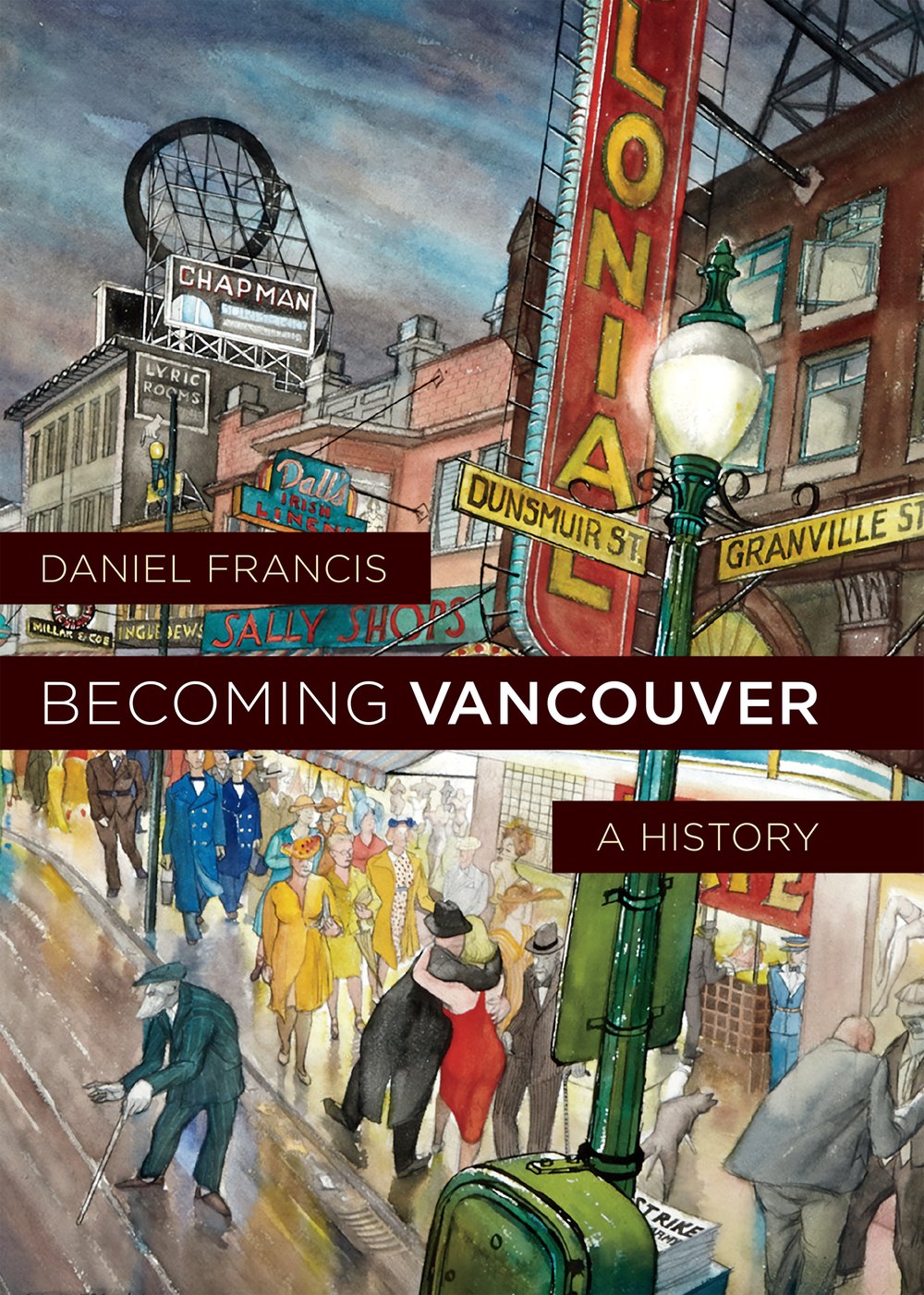Closing Time
Prohibition, Rum-Runners and Border Wars
Canadians have long associated Prohibition with the colorful history of the Jazz Age in the United States. But even before the American ban that was in place from 1920 to 1933, Canada initiated its own Prohibition. The so-called Cold Water Army was led by zealots and prudes preaching hellfire and damnation, but also by committed social reformers who recognized the ill effects of excessive drinking. In March 1918, the federal government banned the manufacture and importation of liquor. For the next 21 months, Canada was as dry as any law could make it, which admittedly was not very dry. Closing Time tells the story of this fascinating attempt to control the social habits of Canadian citizens. It began as a popular crusade to cleanse society of a widespread evil, but instead became an opportunity for larceny, profit, and violence on a grand scale.
Employing a variety of anecdotes and illustrations, Closing Time conjures the legal and historical context of Prohibition, presenting well-rendered figures and impressive research. Comparing the past with our present-day prohibition of certain recreational drugs, Francis explores the limits of laws that forbid these indulgences — a topic that is quite relevant today.
Daniel Francis was born in Vancouver but worked for several years as a journalist, editor, and researcher in Ottawa and Montreal before returning to live on the west coast where he has continued his career as one of the country’s leading popular historians. He has written two dozen books, principally about Canadian history, including most recently Trucking in British Columbia: An Illustrated History (Harbour Publishing, 2012). Francis was also the editorial director of the Encyclopedia of British Columbia (Harbour Publishing, 2000). He lives in North Vancouver.


